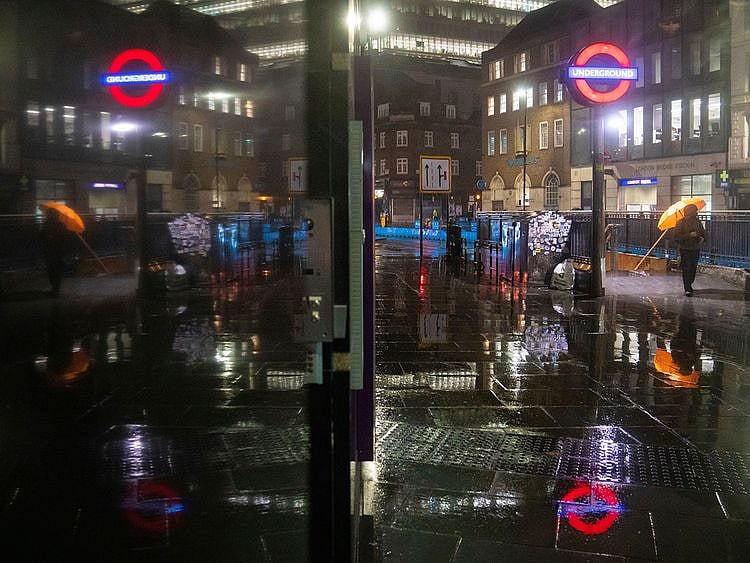A precious kernel of hope
From my small corner of the globe I am going to attempt to practice gratitude

With the announcement last week of plans to move the UK out of lockdown, it feels like a switch has been flicked.
The air seems to smell sweeter, when unmasked of course, and there is a certain spring in the step of people in the supermarkets — there are few other places to observe other humans after all.
This week, we learnt of the strategy to bring the country slowly out of the restrictions that have blighted the mental and physical health of the population for months — a reintroduction of life as we know it.
The sheer tiniest of thoughts of being able to do life again is the most exciting thing to ever happen. With the news of an opening up, my mind has also opened up to the possibilities of events, activities, socialising, meeting people, enjoying the things that make life worth living, just as I’m sure everyone else’s has. The cloud that has been over all of us, some more so than others, is beginning to fade.
When we all emerge from the restrictions, will we be different? Will we be grateful for the things we were deprived of for so long? Feeling grateful is definitely a skill to be learnt rather than one we possess naturally, or perhaps that’s only me. I for one feel spoiled by my pre-Covid life, which is probably why I was plunged into despair during the restrictions, a despair that has eased only in the past few days. The reality of some semblance of normality returning in the near future has watered the smallest seed of hope after an enduring reverie.
It will be a slow release for the people of this country, and I doubt anyone will blame those in power for being cautious. There are targets that the country must reach to enable it to continue to the next stage of the emergence, targets that have been set by scientists, and backed by the government. This slow and steady approach seems to be the right one, and only time will tell if this is truly so.
For the meantime, plans are being made, events are being rescheduled and people are looking at their empty diaries and bravely making entries at last.
Perhaps it is too early to think of a post-COVID era. After all, the scientists who have created the plan have also warned that COVID will remain with us for the foreseeable future and that we must not expect it to disappear. We should view it as another respiratory illness that will affect a large number of people annually, such as flu, and we must get used to this.
There is also a huge reliance on the vaccine, which is a flourishing endeavour in the UK, with millions now being given the jab — a massive achievement. The country is relying on this vaccine to save us, and we can only hope it is potent enough to do so. There are still many issues to tackle, and to reach communities who are sceptical of the vaccine and of the government in general. Although, I have no doubt that we can do this as a nation and with an eye on the wider world.
In the meantime, from my small corner of the globe, I am going to attempt to practice gratitude and take each day as it comes, yet look to the future with that precious kernel of hope.
— Christina Curran is freelance writer based in Northern Ireland.
Sign up for the Daily Briefing
Get the latest news and updates straight to your inbox
Network Links
GN StoreDownload our app
© Al Nisr Publishing LLC 2026. All rights reserved.